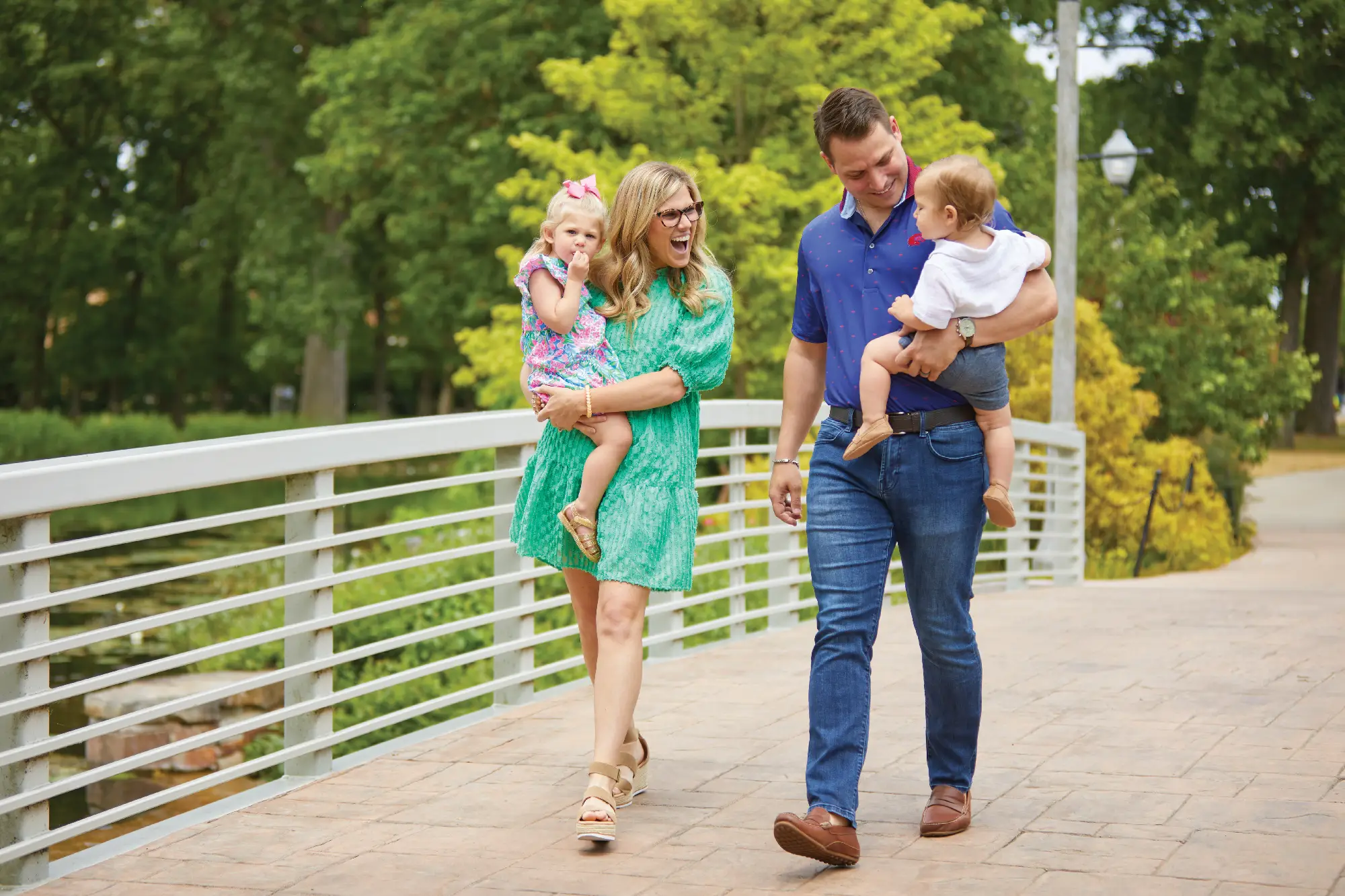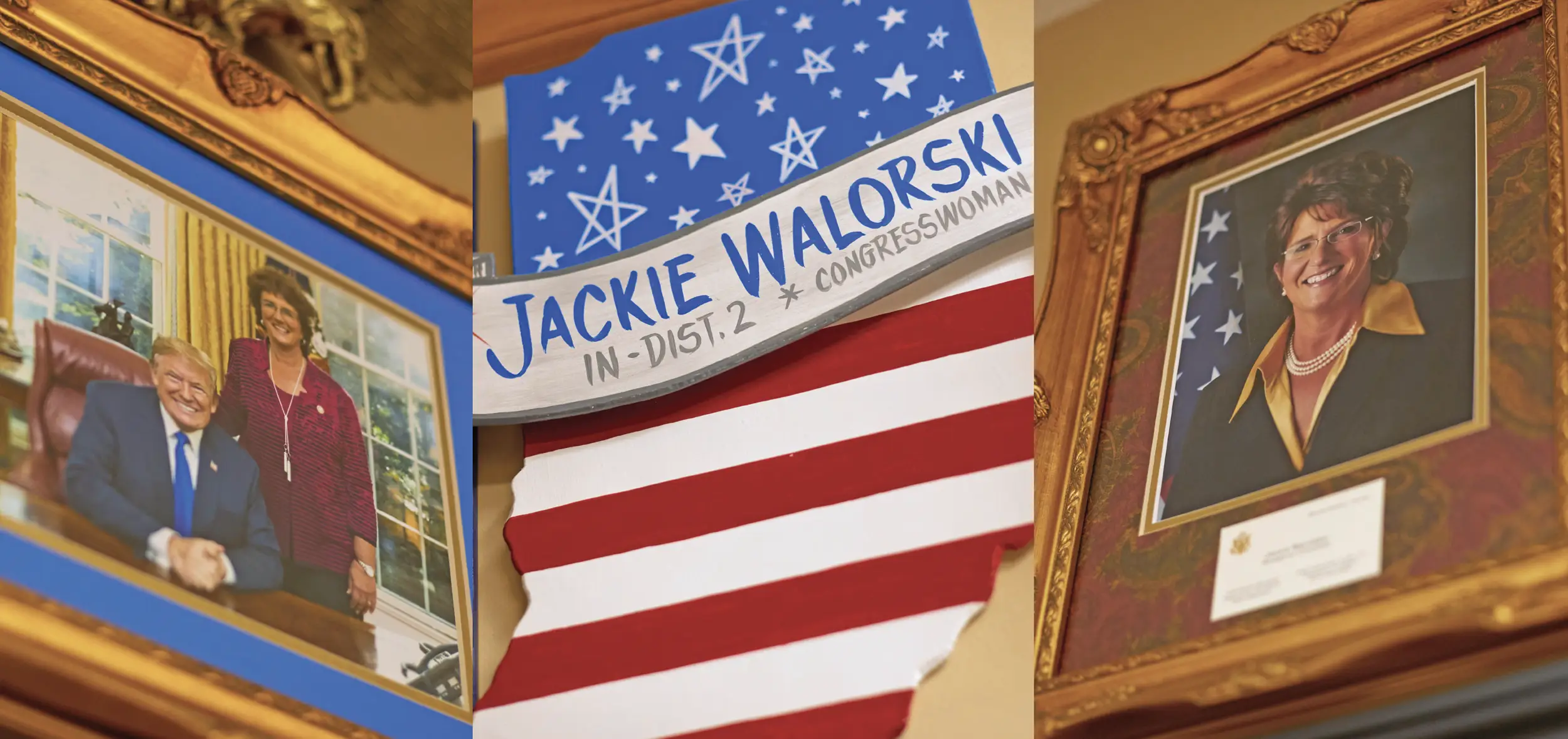Sophie’s Smile inspiring others to give as she grows
Emily and Joe Stiglitz find hope for their daughter, Sophie
Emily Stiglitz sat with her five-month-old daughter, Sophie, in a room at Riley Hospital for Children after an MRI.
Sophie had awakened from sedation for the MRI on that day in January 2021. Emily thought the worst was over.
A young doctor came into the room and was obviously uncomfortable. He told Emily that the MRI showed a rare brain condition. Emily got her husband, Joe, on the phone since he was waiting downstairs due to COVID restrictions.
He told them Sophie’s cerebellum and pons, part of her brainstem, were smaller and underdeveloped. He told them she wouldn’t have normal development and they should see a geneticist.
When he left the room, Emily sobbed. “I just bawled. I was in shock,” she says.
She wanted answers and not to lose hold of all the dreams for her daughter and their family. Within days, Joe and Emily were with their daughter and all their questions at an appointment with a geneticist in Chicago.
More appointments followed, with blood draws and gene sequencing. They waited months for answers.
Ten months after Sophie’s birth in August 2020, they finally received the dire diagnosis of microcephaly with pontine and cerebellar hypoplasia caused by Sophie missing a part of her CASK gene, which likely plays a role in brain development during infancy.

Sophie Stiglitz and her family take life one day at a time. She is shown here with her parents, Emily and Joe, and brother, Sammy. (Photos by Bryan Chris)
Sophie isn’t just one in a million with the condition. She’s one of only 254 in the world known to have it, though it’s likely others go undiagnosed. Because of it, her brain and motor skills develop slower than average.
Many of Sophie’s doctors hadn’t encountered her condition before. It’s not curable. And the outcome is unclear. What is evident is the deep love of her family and her parents’ commitment to not only her future but that of others who have CASK-related disorders.
Emily had worked in human relations at Welch Packaging, her family’s company, prior to Sophie’s birth. Joe helps oversee the company’s finances. As young married professionals, they had moved back from Indianapolis to Emily’s hometown of Elkhart. Her pregnancy had been smooth. Now they were facing questions about what kind of life Sophie would have, what kind they would have.
“While that phone call wasn’t one we were expecting, and to be frank wasn’t one we wanted to hear, we at least have an answer now,” Emily wrote in a piece she called “Serendipitously Sophie.” “Whether it’s the answer we wanted or not, we now know why Sophie’s head is smaller and why her brain MRI looked the way it did. Even though we can’t ‘cure’ Sophie’s condition (yet), we are now able to identify therapy programs to try and intervene with Sophie’s development early on. We’re able to be proactive and to get her necessary doctor’s appointments scheduled. This is the good that comes from the earlier diagnosis.”
They immersed themselves in research and tackling the questions. They joined a Facebook support group for people whose kids have CASK-related conditions. They found researchers at Virginia Tech University who help Sophie with intensive therapy sessions. The first year she went to therapy for four weeks, and learned to crawl. The second year, she was walking and using utensils to eat, Joe says.
As they love on their daughter and explore ways to improve her quality of life, Joe and Emily started a fund with the Community Foundation of Elkhart County.
They learned how Amish and Amy Shah created a fund called Sydney’s Secret Rainbows to support children in Riley’s neonatal intensive care unit, where their daughter had been after birth.

Sophie Stiglitz, who has an extremely rare genetic disorder, inspires her family and others. Her family created a fund with the Community Foundation to support research and other families who have children with the disorder.
Joe and Emily created Sophie’s Smile at the Community Foundation and invited others to contribute. Emily wrote a heartfelt letter inviting contributions to the Donor Advised Fund and local friends and family responded with kindness and generosity. They want to raise $1 million to support CASK research and other children and their families. Joe and Emily look forward to being able to help families from the fund others have supported. “I truly think it is so amazing what we have here,” Emily says. “Elkhart is truly special.”
Their daughter is also special and continues to amaze them. She smiles often, flashing her perfect teeth.
In late summer, she wasn’t yet verbal, though the three-year-old could communicate with simple sign language and her broad smile. “She’s going to show us and write her own story,” says Emily.
Sophie is doing very well. She learns at a different rate, has rigid movements, and is at risk for seizures, yet succeeded in a preschool setting. “She learned so much from those children,” Emily says.
Sophie has taught her parents a different perspective on life. They have learned to enjoy today and see it as a gift. A coworker of Joe’s told him, “Worry about tomorrow tomorrow,” and they try to live that way.
Emily and Joe navigated a second pregnancy, with Samson being born in 2022. They were worried during pregnancy, but he was born without CASK-related issues. He teaches his sister as they both develop.
“We just want Sophie and Sammy to be happy and have all the opportunities,” says Joe.
They have watched Sophie learn to walk, something that first doctor said may not happen. Now she’s starting to give hugs and even kisses. Joe and Emily are choosing to be hopeful and those moments are full of joy.
This story appeared in the 2023 Annual Report.


